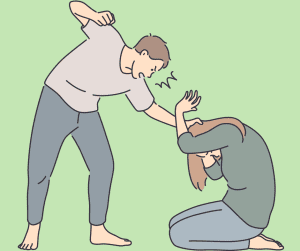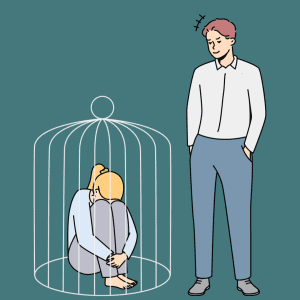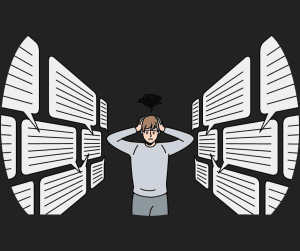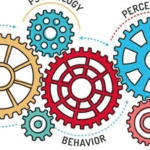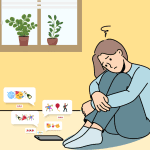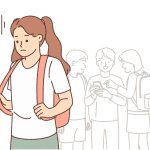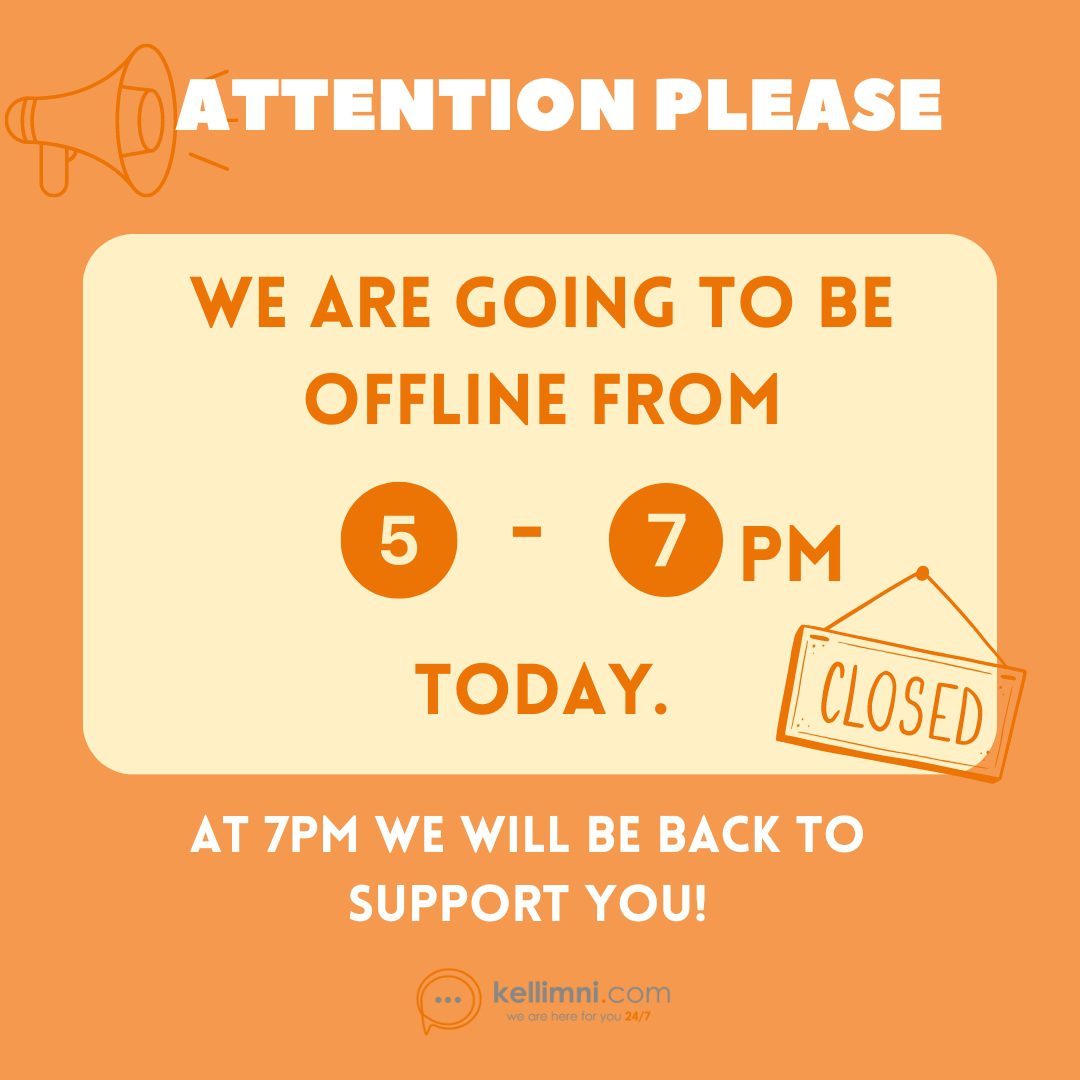I am Amanda, I am 16 years old. I started sixth form a couple of months ago. I have a lot of friends. It is often said that we are living in a consumer society. This means that we need to go shopping, buy things, and pay for almost anything we wish to do. I never understood this when I was younger but now that I’m in sixth form I feel it every day.
I get a stipend and some pocket money, however, most of my friends seem to be much better off than I am. Some people have the latest technology, others seem to wear something new every weekend, and others go on holidays often. This seems very different from my lifestyle….
I suppose I cannot complain too much – we do seem to have everything we need at home. However, money is limited and does not come easy. Sometimes I overhear my parents talking about how difficult it can be to make ends meet. I know that sometimes they postpone paying a bill to wait for another pay date and they often take on additional shifts at work to earn some more money. This can be very stressful, especially when extra expenses crop up. I appreciate their efforts since I know that they are doing their best so that my siblings and I have a good life.
However, the truth is that I know that we cannot keep up with some of my friends’ lifestyles. This makes me feel different to them and sometimes I feel ashamed or inferior to them. I listen without commenting when they speak about the new things they’ve bought, or the places they’ve been to, and I sometimes make up excuses when they suggest going out to eat or to the cinema. I try to make do with the stipend and pocket money that I receive and I try not to make additional requests from my parents for pocket money so that I won’t add to their stress. In reality, I would love to experience the things that my friends do but this is not always possible.
How to deal with not having enough money:
- Create a list of your income and necessary expenses. This will help you make sure that you are making enough to cover your necessities. Think about which expenses are really necessary, for example getting a bus to school or work, or buying school supplies.
- Consider which expenses you can eliminate. Small changes in spending habits may help reduce expenses. Think about whether you can meet your needs while spending less. For instance, you may be able to get an item that you need for less by purchasing it second hand or during the sale period, or even for free if you can borrowx it from a relative, friend or library. You may also be able to reuse an item that you already have, such as last year’s school bag or stationery. Exchanging items with friends can be a fun way of having new things without spending money. You may also be able to spend less on entertainment by adjusting your consumption or switching commercial locations for less popular locations or even public places like gardens and beaches. Walks, picnics, beach days, camping, BBQs or parties at home may be good options that cost less than some other entertainment options. Exercising at home or in public places, both alone or with friends, can be cheaper options for keeping fit. If your work or school location is within your hometown, consider walking rather than taking the car. Carpooling may also be an option.
- Create a monthly budget. Consider your income and expenses throughout the year, including how they fluctuate. For example: you may need to spend more in October to buy school supplies. Setting and sticking to a monthly budget (with adjustments in periods when you need to spend more) will give you more control over your spending. Some people find it useful to go to the bank every week to withdraw their weekly allowance. If you get a student grant, use it wisely: plan a monthly allowance. Before parting with your money, consider whether you really need the item you are about to purchase and whether you can meet the same need in a different way which doesn’t involve spending so much. Budgeting may seem difficult at first, but with time and practice, it can become a habit.
- Get creative: Making things can be an inexpensive way to make something that you do not have or jazz up something that you already have. Make new things by sewing, crafting, woodworking and DIY, or upcycle boring or uninspiring clothes, boxes or stationery to give them a new lease on life.
- Consider additional means of generating income: If your current income is not sufficient enough, you may also consider additional sources of income. Part-time or casual jobs and jobs that can be done from home or with flexible hours offer work opportunities that can work around your current schedule. If you get a seasonal job, such as in the holidays, plan your spending so that you can enjoy the fruit of your income throughout the year.
- Be patient. It takes time to get used to the new habits. The beginning can be tough and may seem impossible or a big change in your standard of living.
Money is important to allow you to enjoy your life. However, it is not the main thing in life. Be honest with yourself and with friends about what you can and cannot afford, and the true things that you value in life.
